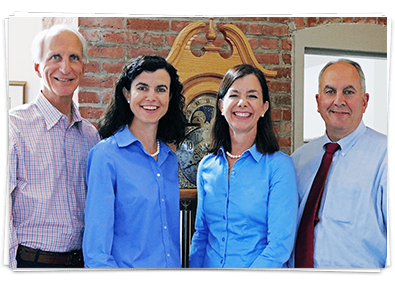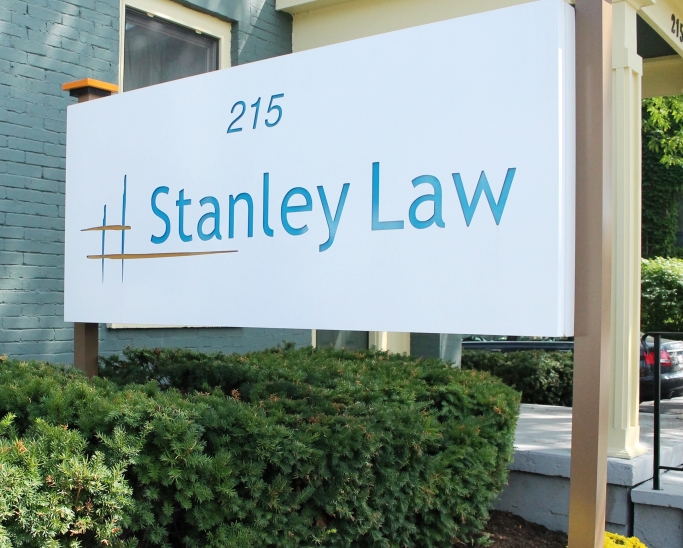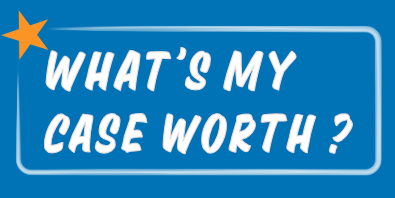Social media has allowed people to stay more connected than ever. Although it provides benefits like keeping in touch with loved ones who are far away, social media can work against you in a personal injury claim and other legal matters involving workers’ compensation or Social Security Disability. The Team at Stanley Law advises personal injury clients to limit social media posts or deactivate their accounts until after a claim is settled. Here are some common reasons why.
Social Media Posts Aren’t Private – They Can Be Used As Evidence
Anything you post on the internet should be considered public, even if you set up your accounts with strict privacy controls. Insurance companies and their lawyers are always looking for reasons to deny or minimize personal injury claims. They scour injured victims’ social media accounts to find anything to discredit their claims or downplay their injuries and losses. Photos, posts, and comments from friends and family are also fair game in a personal injury lawsuit. It’s vital to be extremely cautious about what you and your loved ones put out there for the world to see.
You May Contradict Yourself
When you give testimony in a personal injury case, you must be truthful. Without even knowing it, you may contradict claims that you made about the accident or the severity of your injury. For example, if you suffered whiplash in a car accident and post about going golfing on social media, the defense can use that against you and challenge the validity of your injuries. It’s also important not to post anything about your accident, injuries, or your personal injury claim. Regardless of what you write, your words may be twisted to make you look like you’re just in it for the money or faking your injuries.
Check-Ins Can Hurt Your Case
Check-ins on Instagram, Facebook, Twitter, and other social media sites can also show that you’re doing things that would not be possible if your injuries are as severe as you claim. Something as simple as taking your kids to an amusement park and checking in can jeopardize your claim, even if you don’t participate while you’re there.
Comments From Friends And Family May Also Cause Problems
Your own words and actions aren’t the only factors that can negatively impact a personal injury claim. It might not even occur to your family or friends that the things they say and post can put your chances of recovering compensation at risk. For example, you may make an innocuous post with a photo of a beautiful mountain where you once hiked. If a family member comments on it and says something like “I bet you’ll be traveling after you get your huge settlement,” it can portray you in a negative light and give the defense fodder to impugn your character and your statements about your injuries and what happened.
Limited Use Of Social Media Is Best
If you must use social media, refrain from posting anything personal. Limit your use to liking other people’s posts and sharing news articles, silly memes, funny animal photos, and other harmless things. Avoid commenting on others’ posts and ask friends and family not to tag you in photos or mention anything about your accident, injuries, or case. Make sure all your social media settings are private.
One way to check and see what’s out there is to Google your name and do a search on all social media platforms as well. While this can be helpful, it’s important to keep in mind that even if you delete something, the defense may already have it in their possession to be used as evidence against you. Exercise common sense and good judgment. If you can, the most effective thing to do to protect yourself is to deactivate your accounts until our attorneys complete your case.
Contact A Personal Injury Attorney To Learn More
Our personal injury lawyers at Stanley Law Offices can advise you on social media use and the impact it may have on recovering the maximum award you need and deserve. If you or a loved one has been injured due to someone else’s negligence, don’t go it alone. Our team can help you understand your rights and is there for you throughout the process. Call us at 800-608-3333 or 800-372-3760 or contact us online. Our offices are conveniently located in Syracuse, Binghamton, Watertown or Rochester, NY and Montrose, PA. Se habla español.














